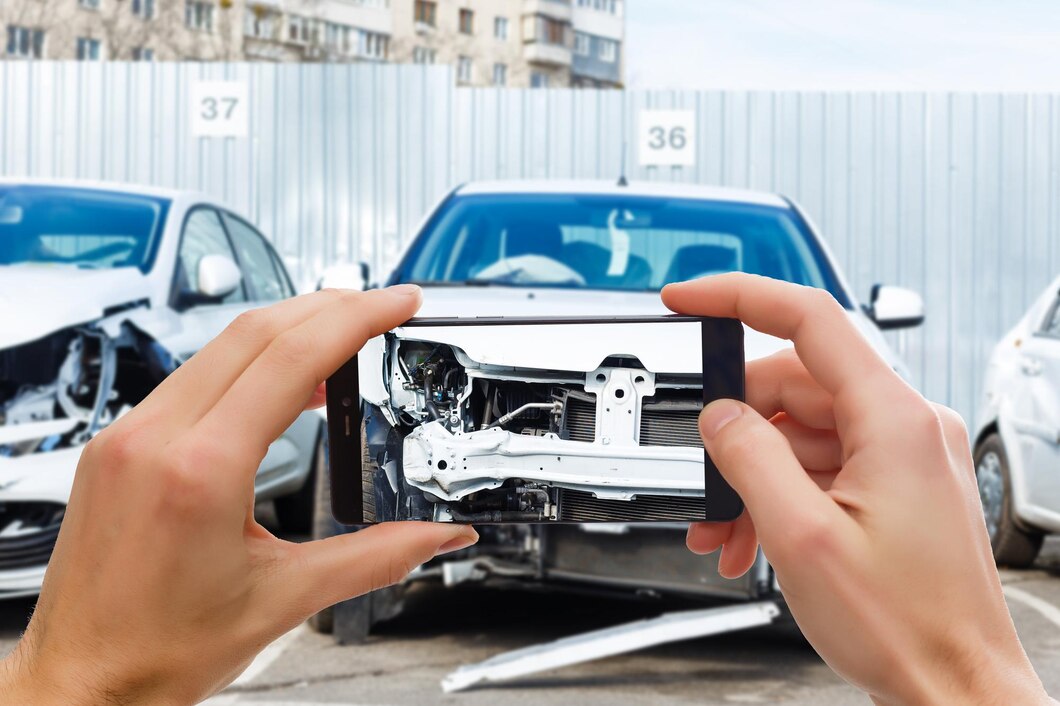Code 3 cars, often labeled as such due to significant damage or involvement in incidents like accidents or thefts, present both legal considerations and inherent risks for prospective buyers. Understanding these aspects is crucial before deciding to purchase a Code 3 vehicle.
What Defines a Code 3 Car?
Code 3 designation varies by jurisdiction but generally categorizes vehicles that have undergone severe damage or been involved in incidents such as:
- Accidents: Vehicles deemed uneconomical to repair or that have sustained structural damage beyond a certain threshold may be classified as Code 3.
- Theft Recovery: Cars recovered after being stolen, regardless of damage incurred during the theft.
- Natural Disasters: Cars affected by floods, fires, or other natural disasters, often with extensive damage that compromises their structural integrity.
Legal Considerations
- Title Branding: Code 3 cars typically receive a branded title indicating their status, such as “salvage,” “rebuilt,” or “flood-damaged.” These titles legally disclose the vehicle’s history and are recorded in databases accessible to potential buyers and insurers.
- Insurance and Registration: Insuring and registering Code 3 cars can be challenging due to their history and potential safety concerns. Some insurers may offer coverage at higher premiums or with specific conditions, depending on the vehicle’s repair and inspection history.
- State Regulations: Each state or country has its regulations regarding the sale, registration, and roadworthiness of Code 3 cars. Some jurisdictions require extensive inspections or certifications before allowing these vehicles on public roads.
Risks Associated with Buying Code 3 Cars
- Safety Concerns: Code 3 cars may have compromised structural integrity or safety features due to their history of damage. This can pose risks to occupants and other road users if not properly repaired.
- Potential Hidden Damage: Despite repairs, hidden damage or inadequate repairs may exist, impacting the vehicle’s reliability and performance over time.
- Resale Value: Code 3 cars typically have lower resale values compared to similar vehicles with clean titles. The stigma attached to their history can deter potential buyers, affecting future resale opportunities.
- Complex Repair Histories: Understanding the extent and quality of repairs performed on a Code 3 car is crucial. Lack of documentation or incomplete repairs can lead to ongoing maintenance issues or unexpected expenses.
Mitigating Risks When Buying Code 3 Cars
- Thorough Inspection: Conduct a comprehensive inspection by a qualified mechanic familiar with Code 3 vehicles. This includes assessing structural integrity, mechanical components, and safety features.
- Vehicle History Reports: Obtain a detailed vehicle history report to verify the car’s past incidents, repairs, and title status. This information helps assess potential risks and make an informed purchasing decision.
- Legal Compliance: Ensure compliance with local laws and regulations regarding the sale, registration, and roadworthiness of Code 3 cars. This may involve additional inspections or certifications before the vehicle can be legally driven.
Buying a Code 3 car can offer cost-saving opportunities but comes with legal complexities and inherent risks. Understanding the vehicle’s history, conducting thorough inspections, and complying with legal requirements are essential steps to mitigate risks associated with purchasing these vehicles. Potential buyers should weigh these factors carefully and seek professional guidance to navigate the complexities of acquiring and owning a Code 3 car responsibly.











